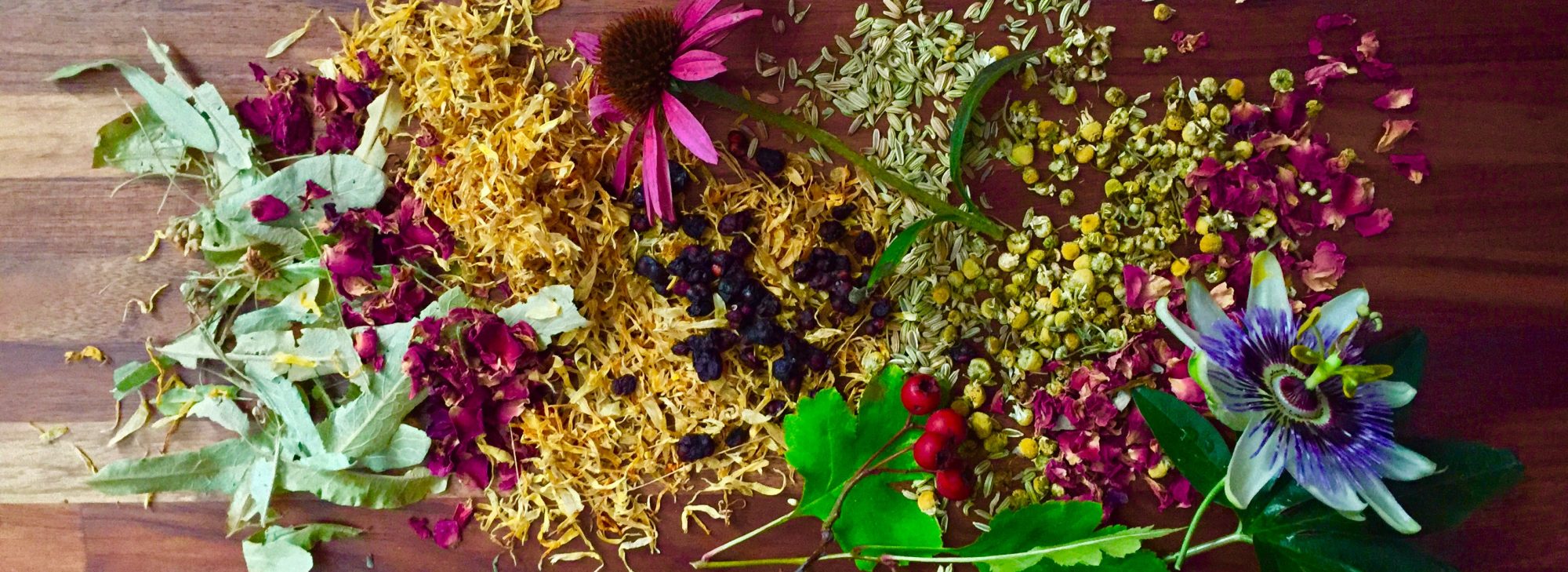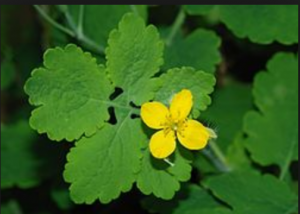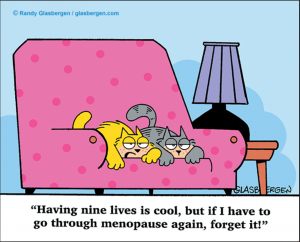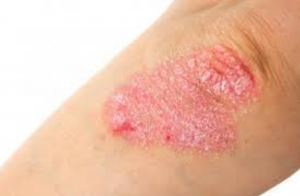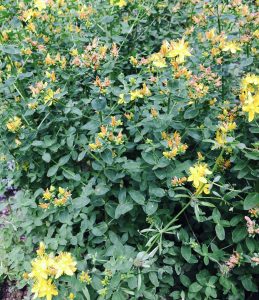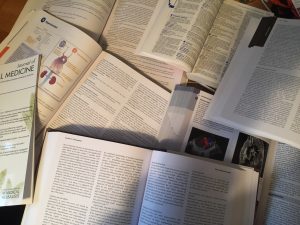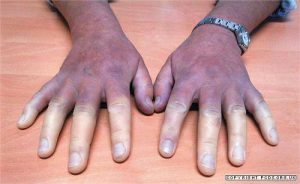(This post is part of a week-long series on my Facebook page starting herefor Mental Health Awareness Week - click "not now" if it prompts you to join).
I see a large number of people with stress. Even if that’s not why they come to see me in the first place, it often underlies the symptoms they describe, or makes them worse. Prolonged periods of stress can have a negative effect on your physical and mental health, causing problems with your digestive system, hormones, cardiovascular system (possibly even leading to high blood pressure, angina, heart attacks) and perhaps contributing to inflammation in the body. Many people with long term conditions such as psoriasis, arthritis, eczema or depression feel that stress makes their symptoms worse.

...continue reading "How can herbal medicine help with stress?"

